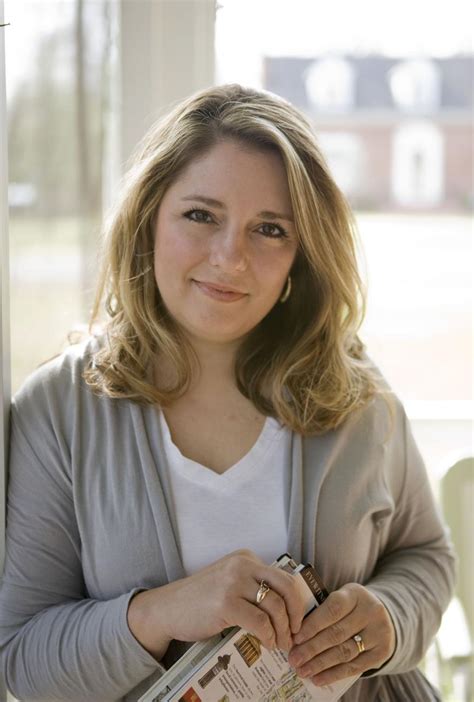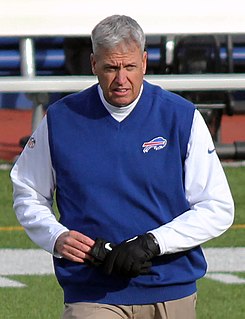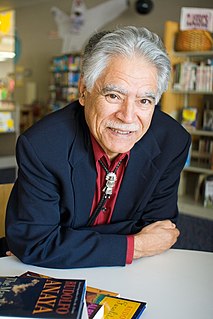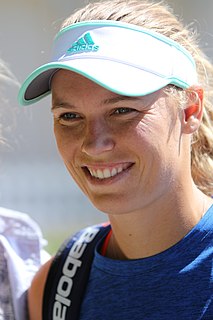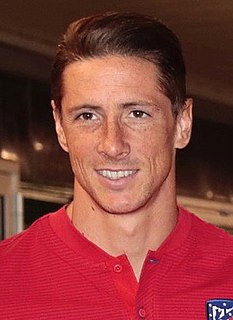A Quote by Goldie Hawn
I guess I came to know this about myself: for better or worse, I don't give up.
Related Quotes
My father got a job at Bradford University in textiles. And he came for - I guess, you know, why do people immigrate? - like, for a better life to find, you know, a new world. And, you know, I think he always - he saw it as an opportunity. And so yeah so we came to this coal mining town in the north of England and that's where I grew up.
Two things were falling apart, my personal life, my professional life. And I realized that all those things were supposed to make me happy, but nothing could fill me up except myself. So I went into analysis. I went to see a doctor, to talk about my lack of self-esteem. I don't know how to say it better: my lack of self-esteem, my insecurity, and how these things were not going to fill me up. And I'd better fix myself and then find out what I liked. For me, therapy was the greatest gift I could ever give myself. There's nothing I could have done for myself that would've been better.
I guess my main worry is that people will start hating what I hate about myself. I worry that everyone will think I am really annoying and just want me to shut up. Which would make so much sense because I annoy myself... I guess I want people to know that if they are annoyed with me, I get it, it's totally cool. Please forgive me.
I'm primarily a poet, so I'd have to say in my case I'd investigate the mystery in poetry in a different way than prose might investigate it, in a way that includes the power of the music of language and maybe more imaginatively in poetry, but I don't really know about better or worse. I guess it depends on the writer.
I came to the U.K. at the age of 19 and I didn't know anything about the working-class tradition, the Labour Party and the unions. I learned it. And in doing so, I came to appreciate that, if you're going to intervene politically, you'd better bloody well know something about the class on whose side you want to align yourself.
I think I was given a gift to wrestle. And I think when I came back, I had a much better appreciation of that. And I believe the way I went about doing it made me better at it. I didn't identify myself with the job as I did so much in the '90s. In the '90s, I didn't know who I was other than 'the wrestler.'






